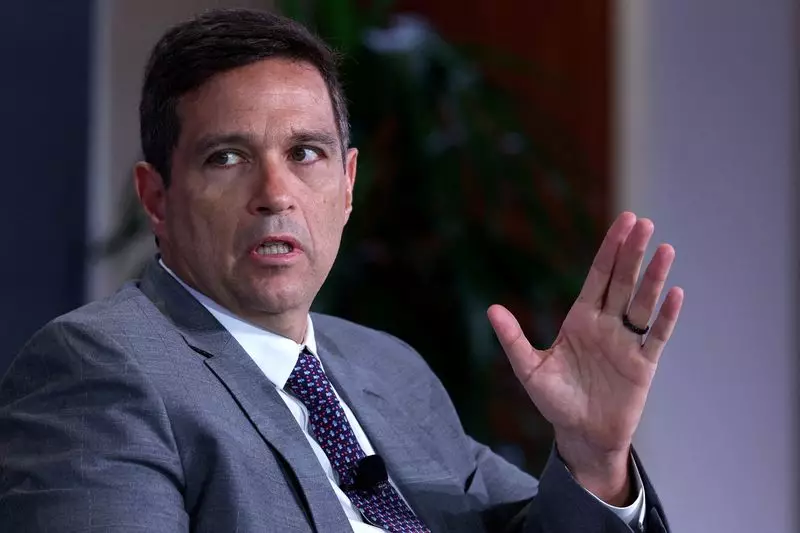Brazil’s central bank chief, Roberto Campos Neto, recently expressed concerns about the market’s response to recent volatility. He suggested that the market may be indicating a reduced scope for fiscal and monetary interventions in the future. This observation raises questions about the effectiveness of current economic policies and their ability to address potential challenges.
Impact of Chinese Deceleration on Brazil
Campos Neto also highlighted the potential impact of China’s deceleration on the Brazilian economy. He pointed out that a slowdown in China could lead to a terms of trade shock or lower import prices for Chinese goods. While the exact consequences would depend on the magnitude of the slowdown, it is clear that Brazil is not immune to global economic developments.
The discussion at the Kansas City Federal Reserve’s annual economic conference in Jackson Hole centered around monetary transmission mechanisms. Campos Neto emphasized the link between monetary and fiscal policies, suggesting that it is becoming increasingly difficult to address one without considering the other. This interconnectedness complicates policy decisions and underscores the need for a holistic approach.
Brazilian policymakers have stressed the importance of data-dependent decision making in light of recent economic indicators. Despite keeping the benchmark interest rate unchanged at 10.5%, there are growing expectations of a rate hike in the near future. With inflation exceeding the official target and interest rate futures signaling a high probability of a rate increase, the central bank faces a challenging policy environment.
Global Economic Uncertainty
The gathering at Jackson Hole brought together central bankers from around the world to discuss pressing economic issues. Against the backdrop of global economic uncertainty, coordinated efforts are needed to address the challenges ahead. The divergence between monetary policies in different countries, particularly as the U.S. Fed prepares for monetary easing, adds another layer of complexity to the current economic landscape.
Brazil’s economic policy faces significant challenges in the context of recent market volatility. The implications of global economic developments, such as China’s deceleration and the U.S. Fed’s policy decisions, underscore the need for a comprehensive and nuanced approach to policymaking. As central bankers grapple with uncertain economic conditions, the resilience and adaptability of Brazil’s economic policy framework will be put to the test.

